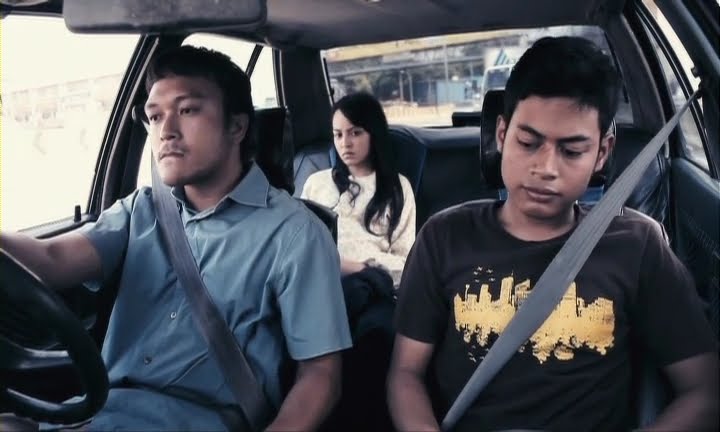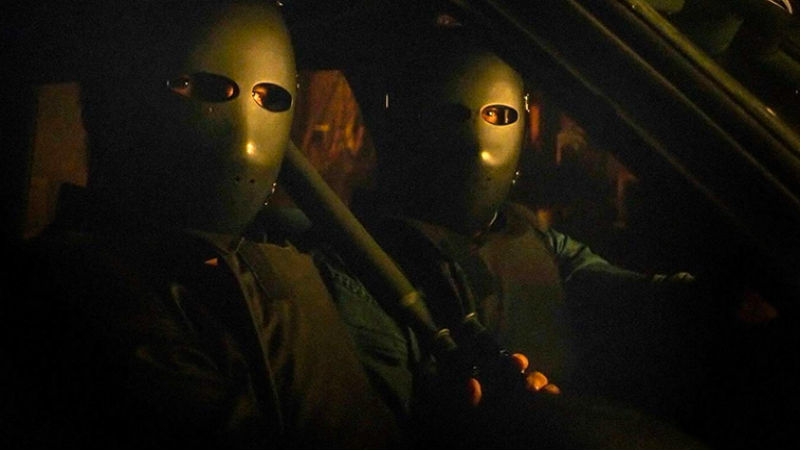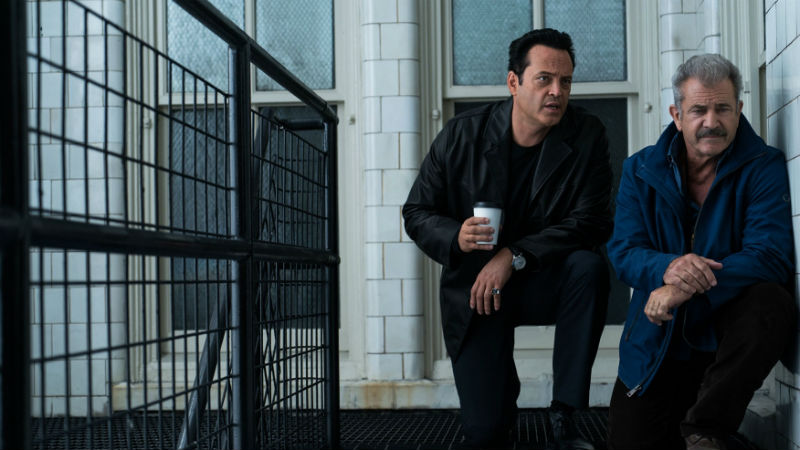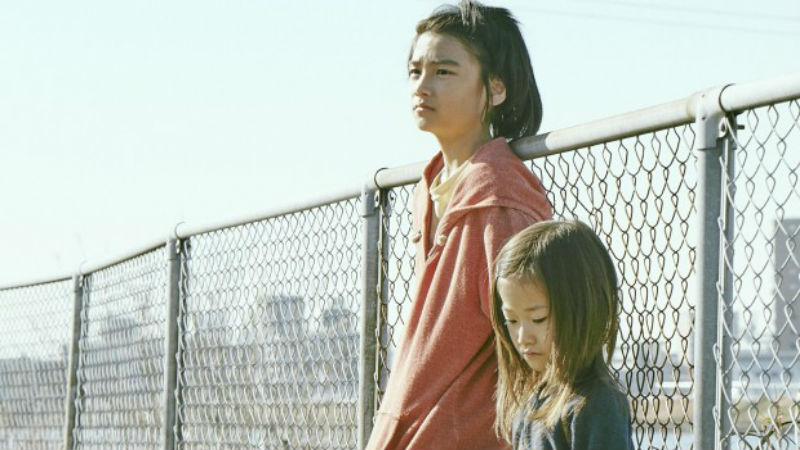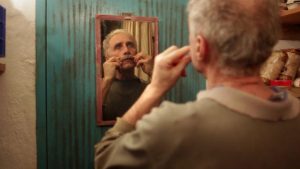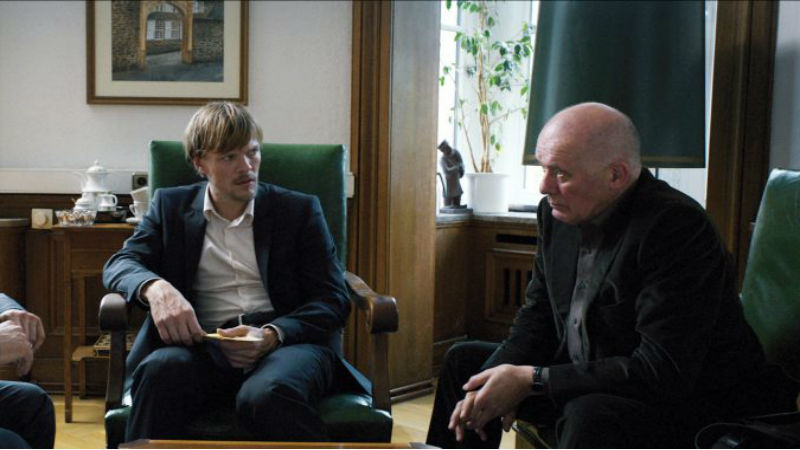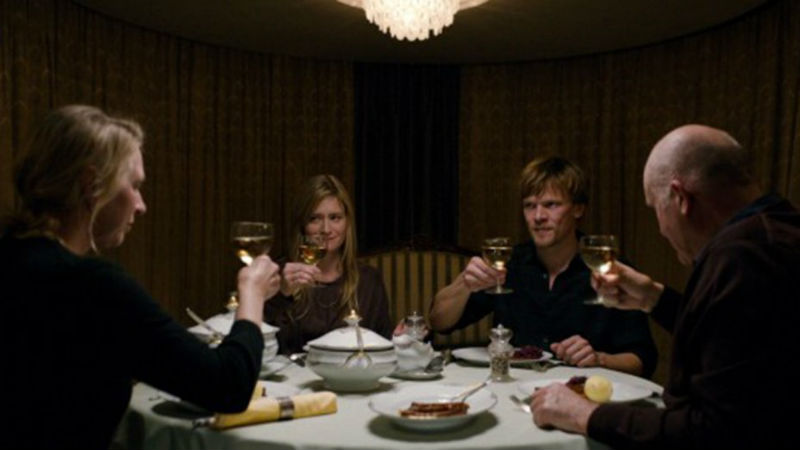It was not until the turn of the century that the small and remote country of Iceland entered the global cinematic scene and introduced to the international audiences a unique take on how to craft moody, dim crime stories set in an exotic, wild landscape where darkness permeates every aspect of life. The prominence of gloom, especially during the winter months, is mirrored and reflected in the soporific atmosphere and dim characterisation of the native productions. It is as if the blackness has seeped into the skin of the Icelanders, who carry each their own cross and the burden of harsh climate and temperamental weather conditions. A most fitting terrain for a crime story to unfold is hard to imagine and the Icelandic directors and cinematographers have both invested in and capitalised on the unique, so rich in geothermal energy, Icelandic earth.
Icelandic filmmakers had a solid foundation to build upon as in the literary field, authors such as the so-called King of Icelandic Crime Fiction Arnaldur Indridason and later Yrsa Sigurðardóttir had already earned critical acclaim as well as an all-embracing readership at a worldwide scale. Of course, the country has a well-heeled tradition in literature with the sagas of the 9th, 10th and 11th century – all written in the Old Icelandic Prose – being one of the most prominent exports of the secluded nation. The sagas are filled with hidden symbolism and profound meanings, a testament to the Icelandic people’s infatuation with storytelling that still lives on. It is that symbiotic relationship between the Icelanders and fictional narratives that gave birth to the country’s cinema and during the past two decades, several noteworthy Icelandic crime flicks have been released, leaving the audience reeling with astonishment and buzzing with apprehension regarding what comes next.
Below, I will cite and briefly explore some of the most eminent Icelandic crime titles of the last few years and the directors who succeeded in capturing the quintessence of the Icelandic collective soul, transfiguring the all-encompassing gloominess into visually stunning stories and featuring protagonists who struggle to survive within an almost hostile environment. The movies are listed chronologically.
…
.
1. Jar City (Baltasar Kormákur, 2006):
It is impossible to talk about Icelandic cinema without first mentioning the name of the multi-awarded director, screenwriter, and producer who became the most emblematic figure in Nordic cinema regardless of genre categorisation. Baltasar Kormákur became known to wider audiences from his 2000 romantic comedy 101 Reykjavík and was initiated in crime filmmaking in 2006 when he adapted one of Arnaldur Indridason’s most popular novels in the well-respected Inspector Erlendur series, the gloomy and depressing Jar City. The story gradually merges two distinctive plot threads into a single main storyline, which connects the random murder of a solitary elderly man in Reykjavík with the untimely demise of a little girl due to a rare hereditary disease. The sombre colours of the cinematography command the screen, providing the perfect backdrop for the grumpy and idiosyncratic Inspector Erlendur. Ingvar Sigurdsson literally nails the role and delivers an impeccable portrayal of a difficult character, and that is no small feat for any actor. The grey skies of Reykjavík seem to be mourning the loss of an innocent child in a movie that is bound to afflict your emotions on a deeper level.
Jar City is also pictured at the top of this article.
.
2. Black’s Game (Óskar Thór Axelsson, 2012):
Óskar Thór Axelsson first illustrated his directorial panache with Black’s Game, a bleak exploration of Reykjavik’s underbelly and a character study of several main characters, the emphasis given to the protagonist, nicknamed as “Stebbi Psycho” (Thor Kristjansson). The cast features several bigwig Icelandic actors, such as Jóhannes Haukur Jóhannesson who plays Tóti, Stebbi’s closest friend. The chemistry between the two actors is exemplary and fuels the narrative development which takes place in a rather fast pacing. We follow Stebbi’s descent into the criminal lifestyle that may look promising at first sight, but inevitably leads to destruction and decadence. The supporting characters contribute their own bit in roles ranging from seething psychopaths to cold, calculative criminal minds who ensnare the weak, in terms of moral strength, protagonist. In contrast to the majority of his peers, Axelsson shot this film mainly indoors, reducing the landscape to just another background for the action to take place. This choice proves to be effective as Black’s Game intends to be a character-driven story, not an action flick, with the creators (director and screenwriters) focusing on the various influences imposed upon the protagonist who is confined in a passive role that leaves no room for any form of initiative. This movie can be watched in conjunction with Vultures (Börkur Sigþórsson, 2018) as both films paint a fairly repellent portrait of the city of Reykjavik.
.
3. The Oath (Baltasar Kormákur, 2016):
In one of the rare occasions in which Baltasar Kormákur, who evidently prefers to be the man behind the camera, chose to retain for himself the role of the protagonist in the 2016 part family drama and part crime film The Oath. This is one of Kormákur’s most personal projects as he directs, co-signs the screenplay along with Ólafur Egilsson, and plays Finnur, a middle-aged surgeon who gets entangled in a nightmarish scenario when his daughter, Anna (Hera Hilmar) starts to mix with the wrong crowd and falls in love with a brutish thug, Óttar (Gísli Örn Garðarsson), whose primary line of business is drug smuggling. Finnur immediately detects the changes in Anna’s behavior and becomes increasingly more certain that Óttar is an awful influence on her. The worried father will make some attempts at regaining his daughter’s trust, but when they all fall flat on the ground, he will be left with no other choice but to do something drastic, something that would eradicate Óttar from the face of the earth. To do so, he will have to betray all his moral beliefs and conviction and perhaps even break the Hippocratic Oath, hence the movie’s title, something that would previously seem unimaginable for him. Kormákur tries hard to remain subtle both in his direction and performance, leaving the more extravagant acting mannerisms to Gísli Örn Garðarsson who delivers a plausible portrayal of the antagonist. Apart from the performances, the cinematography is simply beautiful, with some shots conveying an aura of opulence that satisfies the audience’s eyes.
.
4. I Remember You (Óskar Thór Axelsson, 2017):
Based on the namesake standalone thriller/horror novel by Yrsa Sigurðardóttir, I Remember You (which Axelsson directed five years after Black’s Game), is in equal parts a ghost story and a character study of a man who lost what was most precious in his life: his little son, who mysteriously vanished some years earlier. The film’s narrative structure is divided into two major plotlines: the first concerns a group of three friends who travel to the godforsaken village of Isafjörður in order to start renovating an old house to become a hotel for tourists; the second is about Freyr, a respected psychiatrist who still experiences symptoms of grief over the disappearance of his only son, Benny. Freyr’s character arc begins as he becomes embroiled in the police investigation on the horrific murder of an elderly woman which took place inside a church. The two separate plot threads turn out to be intertwined, and the dénouement provides all the necessary explanations for the mysteries that the audience witnesses as the plot unravels. In Óskar Thór Axelsson’s film, the abandoned village of Isafjörður is transformed into a soulful entity that hides secrets from the past and makes its own mind regarding who is welcomed there and who is not. This supernatural aspect is handled expertly by Axelsson who sees something metaphysical brewing in the most isolated parts of his native country. The night sequences in the three friends’ plotline are hair-rising, not in the Hollywood sense of the “jump scare”, and will make your blood run cold. To conclude, I Remember You is nothing short of unmissable.
.
5. Vultures (Börkur Sigþórsson, 2018):
Known from his involvement in major television productions such as the majestic Katla and the popular UK show Baptiste, Börkur Sigþórsson explores some critical themes in his 2018 hypnotic feature Vultures, the most prominent being the eternal motif of sibling rivalry that pervades the story as a whole. Promising entrepreneur Erik (Gísli Örn Garðarsson) and Atli (Baltasar Breki Samper), an ex-convict who tries to get his life back on track after his incarceration, are the two brothers who join their forces and decide to smuggle substantial quantities of drugs in the country using a Polish girl, Sofia (Anna Próchniak) as the mule who will transfer the contraband in her own stomach to avoid the search in the airport. But, things take a nasty turn and when the initial plan goes south, both Erik and Atli will have to show their real face both to one another and the audience. The title’s significance becomes evident in the horrendous finale, adding a touch of depravity to the narrative. Everything in Reykjavík seems to be grey in colour or at least that is what the director’s lens captures, the capital city of Iceland depicted in an unprecedented manner. We are all used to thinking Reykjavík as a Lilliputian, fairy-tale town. Sigþórsson attempts to deconstruct this stereotype, using cinematography and the sparse dialogue that is full of pauses and sometimes comes across as disjointed, bolstering the director’s intended tone that desires to provide a realistic portrait of two distressed siblings who will have to cross their boundaries in order save their own skins. Vultures is not an easily digestible, feel-good movie, so beware.










